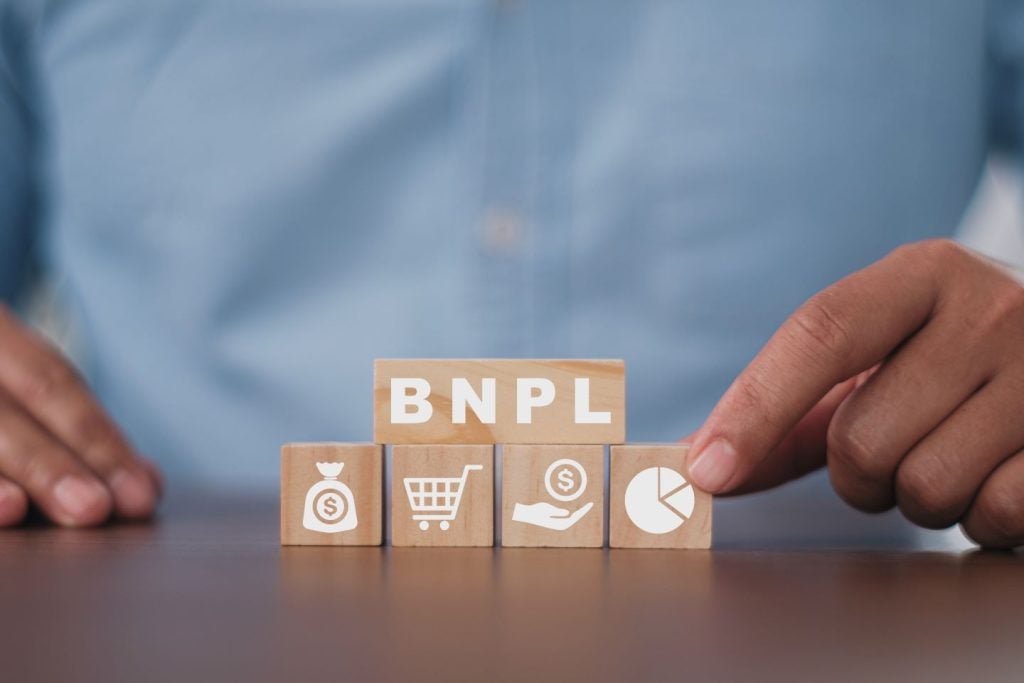US Consumer revolving debt, based largely on credit card balances, dropped $2.4bn on a seasonally adjusted basis in November to $1.086 trillion.
Credit card balances are down 2.75% on an annualised basis, according to the Federal Reserve. The news comes amid reports of consumer optimism, as reflected in the New York Fed’s survey of consumer expectations in November.
 Consumers also displayed lower expectations for spending, with median spending expectations falling to 2.8%, from 3.3% for the October survey. This measure was at its lowest since September 2017.
Consumers also displayed lower expectations for spending, with median spending expectations falling to 2.8%, from 3.3% for the October survey. This measure was at its lowest since September 2017.

However, consumers remained positive about their ability to make payments on their debts. Only 11.3% on average expected they could miss a minimum debt payment, down from 11.6%.
In addition, fewer consumers (34.6%) expected that unemployment will be a year from now, down from 36.8%.
How well do you really know your competitors?
Access the most comprehensive Company Profiles on the market, powered by GlobalData. Save hours of research. Gain competitive edge.

Thank you!
Your download email will arrive shortly
Not ready to buy yet? Download a free sample
We are confident about the unique quality of our Company Profiles. However, we want you to make the most beneficial decision for your business, so we offer a free sample that you can download by submitting the below form
By GlobalDataMeanwhile, the average credit card interest rate stood this week at 17.30%.







